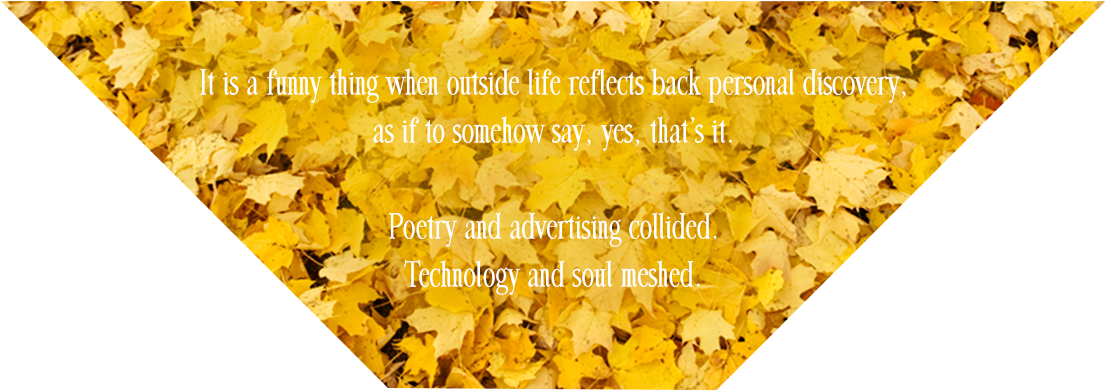The narrator in D.H. Lawrence’s poem “The Song of a Man Who Has Come Through.” prays to the wind that is “blowing the new direction of time.
If only I let it bear me, carry me, if only it carry me! He promises to be “sensitive, subtle, oh, delicate, a winged gift!
He says, “Bring it on! I’ll do it, whatever it is. I’ll be whatever you need me to be. Just please carry me!”
And then there is a knock. And he knows the visitor brings danger.
What is the knocking? What is the knocking at the door in the night? It’s somebody wants to do us harm.
But he is told, no. You are being visited by three angels. Let them in.
No, no it is the three angels. Admit them, admit them.
If only I let it bear me, carry me, if only it carry me! He promises to be “sensitive, subtle, oh, delicate, a winged gift!
He says, “Bring it on! I’ll do it, whatever it is. I’ll be whatever you need me to be. Just please carry me!”
And then there is a knock. And he knows the visitor brings danger.
What is the knocking? What is the knocking at the door in the night? It’s somebody wants to do us harm.
But he is told, no. You are being visited by three angels. Let them in.
No, no it is the three angels. Admit them, admit them.

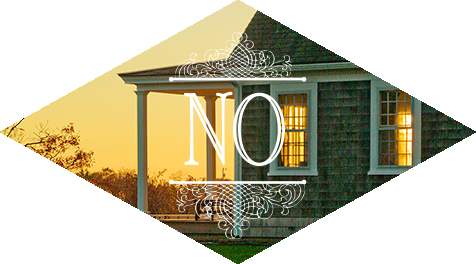
The poem, amongst many messages, says no! You don’t know! You must say no to what you know in order for the magic of a different kind of knowing to enter. You must open this door of possibility because there is always more than what we can see, more than what we think.
There is always more. In poetry and life. And we can never really know. We usually begin our knowing based off an assumption we’ve made from opinions and previous experience. What we “know” is unconsciously shaped from the story we have been telling ourselves about who we are and who they are and what our relationship is and why that is so.
From our story we create a set of beliefs that eventually harden into fact. So usually all our well-grounded knowing is based on illusion. We know and we know and we know, until we no. I thought for a very long time, right up until the writing of this book actually, that I wrote poetry for inspiration, soul survival and love and I worked in advertising for creative collaboration, travel and money. I thought poetry was at odds with advertising, that they were like repelling magnets, oil and water—incompatible.
There is always more. In poetry and life. And we can never really know. We usually begin our knowing based off an assumption we’ve made from opinions and previous experience. What we “know” is unconsciously shaped from the story we have been telling ourselves about who we are and who they are and what our relationship is and why that is so.
From our story we create a set of beliefs that eventually harden into fact. So usually all our well-grounded knowing is based on illusion. We know and we know and we know, until we no. I thought for a very long time, right up until the writing of this book actually, that I wrote poetry for inspiration, soul survival and love and I worked in advertising for creative collaboration, travel and money. I thought poetry was at odds with advertising, that they were like repelling magnets, oil and water—incompatible.
It wasn’t until trying to reconcile the driving forces behind this book that I had to consider an alternative truth. The opportunity, encouragement and time to write the book came as a direct result of leading the creative vision for milk* an advertising agency. But the creative spark, intuition and wisdom came as a result of exploring the interior poetic landscape of the human soul. I needed a less oppositional truth, a unifying truth.
What if poetry was about creative collaboration, travel and money? This was easy. It is. I am in constant creative collaboration with nature, with irony, with situations, music—with everything. I travel more in my imagination and the inner reaches of my soul than I have ever traveled on a commercial shoot. And money, well, that’s a bit harder. But in the currency of insight, beauty and joy, poetry has made me rich.

What if advertising was about inspiration, soul survival and love? This one took a bit more thinking and a trip back in time.
It was fourteen years ago. I had accepted a six-month freelance assignment from a top Chicago ad agency prior to deciding that the only way out of the secretive self-abusive behavior I engaged in nightly, was to admit myself into a mental hospital in Kansas.
On the outside, people saw me as charming, funny and smart. But inside, I felt deep sadness, anger, confusion and fear. At night, I would hurt myself in an effort to confront the evil I felt was inside me, in an attempt to bleed out the ugliness, to release the pent-up fury of despair and rage I kept contained all day, to punish the pathetic over-sensitive weakling that could not speak up for herself.
I hated this part of myself. I began numbing her when I was seven and punishing her when I was sixteen. I got through the day fantasizing about the night. But the cumulative effect of this mental and physical self-torture made me feel hopeless and unsafe. I needed more than bi- weekly therapy.
Nine years earlier, at twenty, I had come to this same conclusion and admitted myself to a mental hospital outside Chicago, without great results. But the one in Kansas, having done lots of research, was supposed to be the best in the country.
It was fourteen years ago. I had accepted a six-month freelance assignment from a top Chicago ad agency prior to deciding that the only way out of the secretive self-abusive behavior I engaged in nightly, was to admit myself into a mental hospital in Kansas.
On the outside, people saw me as charming, funny and smart. But inside, I felt deep sadness, anger, confusion and fear. At night, I would hurt myself in an effort to confront the evil I felt was inside me, in an attempt to bleed out the ugliness, to release the pent-up fury of despair and rage I kept contained all day, to punish the pathetic over-sensitive weakling that could not speak up for herself.
I hated this part of myself. I began numbing her when I was seven and punishing her when I was sixteen. I got through the day fantasizing about the night. But the cumulative effect of this mental and physical self-torture made me feel hopeless and unsafe. I needed more than bi- weekly therapy.
Nine years earlier, at twenty, I had come to this same conclusion and admitted myself to a mental hospital outside Chicago, without great results. But the one in Kansas, having done lots of research, was supposed to be the best in the country.
I knew I needed help. But I also knew, before admitting myself, that I would need the freelance job I had and my reputation as a positive can-do creative when I got out, so I told the advertising agency that I was freelancing for that I had a family emergency and I would need to work for a few weeks off-site.
The esteemed mental hospital turned out to be a bloated, dim-witted, patronizing prison. If not for being able to focus my mind and energy on that freelance assignment, I would have given up on getting better. If not for thinking up creative shampoo commercials, I would have seen that hope was lost.
The esteemed mental hospital turned out to be a bloated, dim-witted, patronizing prison. If not for being able to focus my mind and energy on that freelance assignment, I would have given up on getting better. If not for thinking up creative shampoo commercials, I would have seen that hope was lost.

What if poetry was about creative collaboration, travel and money? This was easy. It is. I am in constant creative collaboration with nature, with irony, with situations, music—with everything. I travel more in my imagination and the inner reaches of my soul than I have ever traveled on a commercial shoot. And money, well, that’s a bit harder. But in the currency of insight, beauty and joy, poetry has made me rich.

She watched me: my refusal to take medicine, my resistance to behavioral band aids and group therapy that addressed if the alleged rapist football patient had really made a pass at the bipolar newscaster patient, and why we had to be buzzed into the courtyard and if it was really possible to strangle yourself with shoelaces. I wanted more.
I wanted to touch something deeper. Not short-term panaceas and symptomatic silencers. I wanted someone to be willing to engage with me in the WHY.
Rana did. She read my poems and after a week or so gave me a book that would quietly shift something deep inside me and open up a door I hadn’t known was there.
I wanted to touch something deeper. Not short-term panaceas and symptomatic silencers. I wanted someone to be willing to engage with me in the WHY.
Rana did. She read my poems and after a week or so gave me a book that would quietly shift something deep inside me and open up a door I hadn’t known was there.
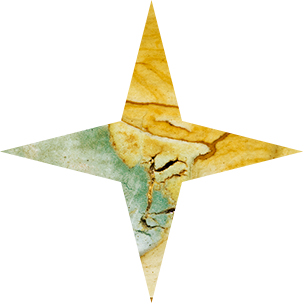
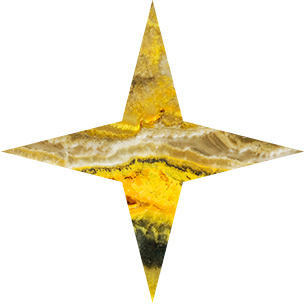
She gave me Victor Frankl’s “Man’s Search for Meaning.” In his relentless search for meaning, I saw my own struggle as somehow worthy—as an affirmation of my personal perseverance rather than a judgment of my pathetic lack of emotional intelligence. His faith in life having a greater purpose, even in suffering, even when the purpose is unclear—seeded in me a light that would grow more luminous and numinous in time.
I did not know until researching this book that in addition to being a Holocaust survivor, Frankl was a prominent neurologist and psychiatrist who founded logotherapy, the existential analysis based on Kierkegaard’s will to meaning. He believed striving to find meaning in one’s life is the primary, most powerful motivating and driving force in humans.
I did not know until researching this book that in addition to being a Holocaust survivor, Frankl was a prominent neurologist and psychiatrist who founded logotherapy, the existential analysis based on Kierkegaard’s will to meaning. He believed striving to find meaning in one’s life is the primary, most powerful motivating and driving force in humans.
If not for saying “no” to what I “know,” I would never have re-examined this time in my life. I would never have discovered that this will to meaning is what drives me, what compels me to write poetry and advertising, to love more deeply and to never give up no matter what hopelessness sets in. It is bigger than either/or. For me, it is what holds everything.
Walt Whitman said in “Song of Myself,” I am large, I contain multitudes. It is this inclusive reality that celebrates the poetry in advertising and the advertising in poetry. It is a different kind of knowing than we’ve been taught.
Walt Whitman said in “Song of Myself,” I am large, I contain multitudes. It is this inclusive reality that celebrates the poetry in advertising and the advertising in poetry. It is a different kind of knowing than we’ve been taught.
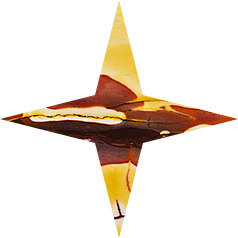
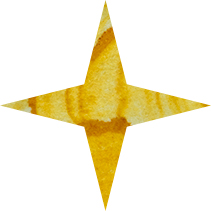
Ironically, shortly after writing this chapter, the 2014 Super Bowl play-off games were on television and the Apple ipad Air spot broke. This commercial for Apple’s latest technology featured Robin Williams’ voiceover from the 1989 movie, “Dead Poet Society,” in which he speaks about the power of poetry. It garnered over 1,000,000 views and 400,000 views and shares on YouTube and FB within one day. Its message…
Medicine, law, business, engineering—these are noble pursuits and necessary to sustain life but poetry, beauty, romance, love—these are what we stay alive for…
Medicine, law, business, engineering—these are noble pursuits and necessary to sustain life but poetry, beauty, romance, love—these are what we stay alive for…
